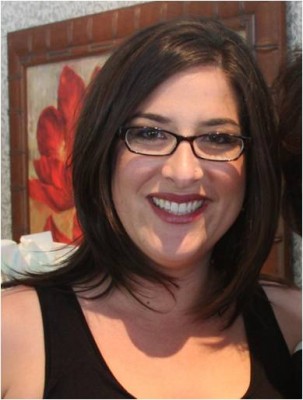
Emily Frydrych
Social & Behavioral Science Instructor
Education & Background:
- Master of Arts – University of Chicago (Social Science)
- Bachelor of Arts – University of Michigan
Emily was born and raised in Los Angeles, California but left for about 10 years. She has a BA in Gender Studies from University of Michigan and a MA in Social Sciences from the University of Chicago. After graduate school, she had an amazing opportunity to live and work in Kathmandu, Nepal, investigating torture, disappearances and other human rights violations during the internal conflict. She has been teaching Sociology for multiple colleges and universities for 11 years and teaches both on campuses and online. She also has field work experience facilitating groups and working with victims of domestic violence and sexual assault.
Courses Taught:
- Abnormal Psychology (GS109)
- Sociology: Violence in the American Family (GS207)
- Human Relationships: Conflict & Communication (GS150)
Awards/Nominations:
- Woman’s Law Association of LA Grant Recipient
- Sonnenschein Nath & Rosenthal Scholarship
- Public Interest Law Fellowship
- Post Graduate Human Rights Program Fellowship
University of Chicago Graduate Study Fellowship
Publications:
- Access to Fair Trial and Justice in Nepal’s Police Detention Centers (Advocacy Forum)
- Speaking Out: Responding to Anti-LGBT Bias in the Workplace (Women’s Law Association of Los Angeles)
- Domestic Violence and Prisoner Abuse: Replicating Cycles of Violence in Michigan’s Women’s Prisons (University of Chicago Thesis)
Additional Information:
Presentations
- Monitoring the Prison Rape Elimination Act of 2003
- LGBT Human Rights and Prison Rape
- Breaking the Silence of Sexual Violence Against Women in Prison
